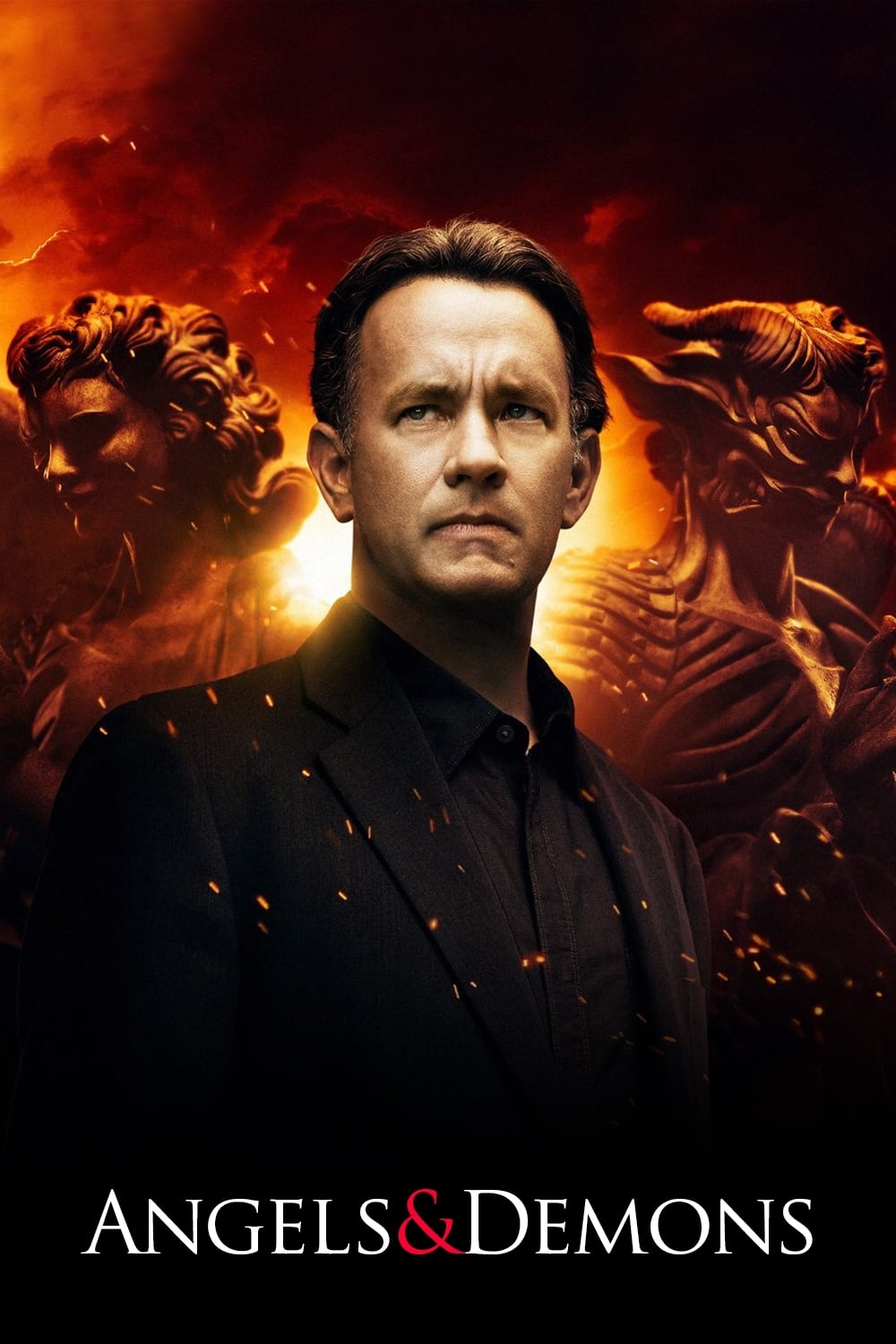
Harvard symbologist Robert Langdon is recruited by the Vatican to investigate the apparent return of the Illuminati - a secret, underground organization - after four cardinals are kidnapped on the night of the papal conclave.
04 Apr Angels and Demons (2008)
The Simplest Professor, Antimatters
Pointing out that Ron Howard is incapable of making a good film is too ordinary and obvious a thing to say. This time he got a cinematographer that at least frames things well.
You don’t have to read me to learn that this thing is dull in all the ways that even the Nic Cage “Treasure Hunt” movies solve well enough.
But what I find fascinating is that the story — quite apart from the movie — is pretty well engineered. Its not a particularly good story, just that the targets and shifts seem to be more than competent.
Think how he has faked us out. We start with possibly the most standard of genre assumptions: the Church is a conspirator, suppressing the truth, the real truth. The treasure hunt through clues is really a search for the truth. It is the detective story turned into a thriller by adding malevolent power. The device is common, and uniquely American because it plays on the notion of noir, where unlikely coincidences are manipulated by watchers.
Brown in fact used this very idea in his first film, and we are primed to see it repeated. And he starts predictably, with a secret conspiracy layered over the Church, powerfully doing some sort of “Seven” inspired ritual killings. These of course also come from the detective genre, providing some cosmological order for the detective to discover and foil. We have a woman, who we suspect — because she is a brainiac —will provide some essential insight. And so we go puttering along in the genre track.
At the end, we have a twist. Now twists are so normal that we would feel cheated without one. But this twist is not a twist within the story, it is a twist that surrounds the very nature of the story, and defuses the whole notion of power and conspiracy that drives the thing. Here’s what struck me; you know how when a revealing twist occurs and you have to go back and reinterpret all you know? Well, in this case, what is dynamically changed is the very reason for the story. Without a consistent all powerful conspiratorial church that speaks through secret symbols, there is no agency that Mr Hanks’ character can have. Unsettling and a bit clever. Is it enough to recommend? No.
Posted in 2009
Ted’s Evaluation — 2 of 3: Has some interesting elements.


No Comments